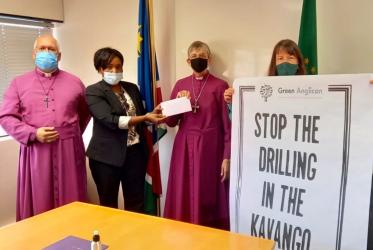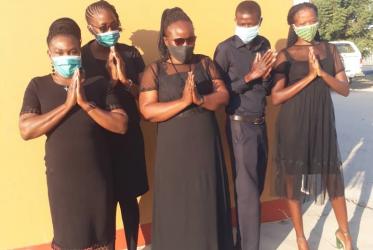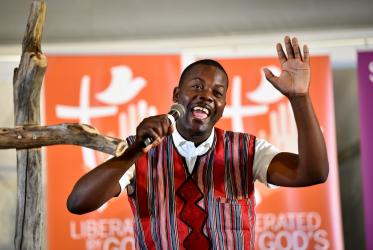Displaying 1 - 16 of 16
Thursdays in Black is growing in Namibia
20 August 2020
#WCC70: Kirchen als „Vermittler von Freiheit“
12 February 2018
#WCC70: Churches as “freedom agents”
12 February 2018
#WCC70: Las iglesias como “agentes de liberación”
12 February 2018
#WCC70: Les Églises, des «agents de la liberté»
12 February 2018
Paul Isaak appointed as director of elections in Namibia
23 September 2013




